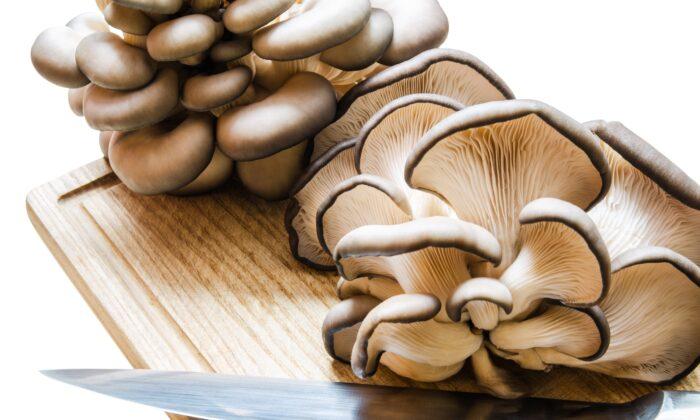21 Reasons to Eat Oyster Mushrooms
Medicinal mushrooms, as a whole, are among the healthiest foods you can eat, but each mushroom variety has unique beneficial effects. Rich in dietary fiber, minerals, vitamin B, and protein, there are at least 21 pharmacological actions that have been attributed to oyster mushrooms, which you can explore in-depth at GreenMedInfo.com. This list of researched benefits includes:When oyster mushrooms are fermented by gut microbiota, it leads to favorable alterations that enhance the activity of osteoblasts, or bone-forming cells.
2. AntioxidantsOyster mushrooms are rich in antioxidant polysaccharides, helping to protect against oxidative damage. One type of these polysaccharides, beta-glucans, which are known for their antioxidant and anticancer activities, also increase the activity of enzymes that promote xenobiotic (foreign to the body) detoxification.
Via this beneficial effect, they’re able to protect against the harmful effects of acrylamide, a neurotoxic and possibly carcinogenic compound formed during high-temperature cooking.
3. Blood Sugar Reduction/Anti-Diabetes EffectsOyster mushrooms, consumed for two seven-day periods during a 24-day study, significantly reduced blood sugar, blood pressure, triglycerides, and cholesterol in people with diabetes, without any negative effects on the liver or kidneys.
4. Immune System SupportAmong children with frequent respiratory tract infections, those treated with a syrup containing beta-glucans from oyster mushrooms and vitamin C had fewer infections than those treated with vitamin C only.
Specifically, 36 percent of the children given beta-glucans were free from respiratory infections during the study period, compared to 21 percent in the placebo group. Not only did the beta-glucan significantly reduce the number of lower respiratory tract infections, but it also significantly decreased the frequency of flu and flu-like disease and modulated humoral and cellular immunity, revealing “complex immunomodulatory activity.”
5. Anti-Cancer EffectsIn addition to beta-glucans, oyster mushrooms are a “reservoir of macromolecules,” including resveratrol, concanavalin A, cibacron blue affinity protein, p-hydroxybenzoic acid, ergosterol, and others, which play anti-tumor, immunomodulatory, and antioxidant roles that may help fight cancer.
Oyster mushrooms’ unique combination of polysaccharides, proteoglycans, and polypeptides may be so immune-enhancing that they could “overcome the limitation of traditional cancer therapies.”
6. Liver ProtectionPhosphorylated polysaccharide from oyster mushrooms protected the liver from chemical-induced injury in an animal study, revealing strong hepatoprotective and antioxidant effects. Oyster mushroom extract has shown similarly protective effects in alleviating chemical-induced liver damage in animals.
15 More Reasons to Eat Oyster Mushrooms
If you’re looking for more reasons to add oyster mushrooms to your regular meal rotation, consider that they’ve been researched for at least 30 conditions, including cancer, diabetes, respiratory infections, and aging. Here are 15 more of the mechanisms behind their varied health-boosting effects:For the Best Flavor, Grow Your Own
Mushrooms are a nourishing tonic for humans and the environment, and oyster mushrooms in particular are regarded as both a “health promoter and environmental restorer.”Growing your own mushrooms not only provides you with the freshest mushrooms you can find, but they'll taste better too—and you won’t have to worry about identifying mushrooms in the wild, a crucial step since some wild mushrooms are poisonous.





